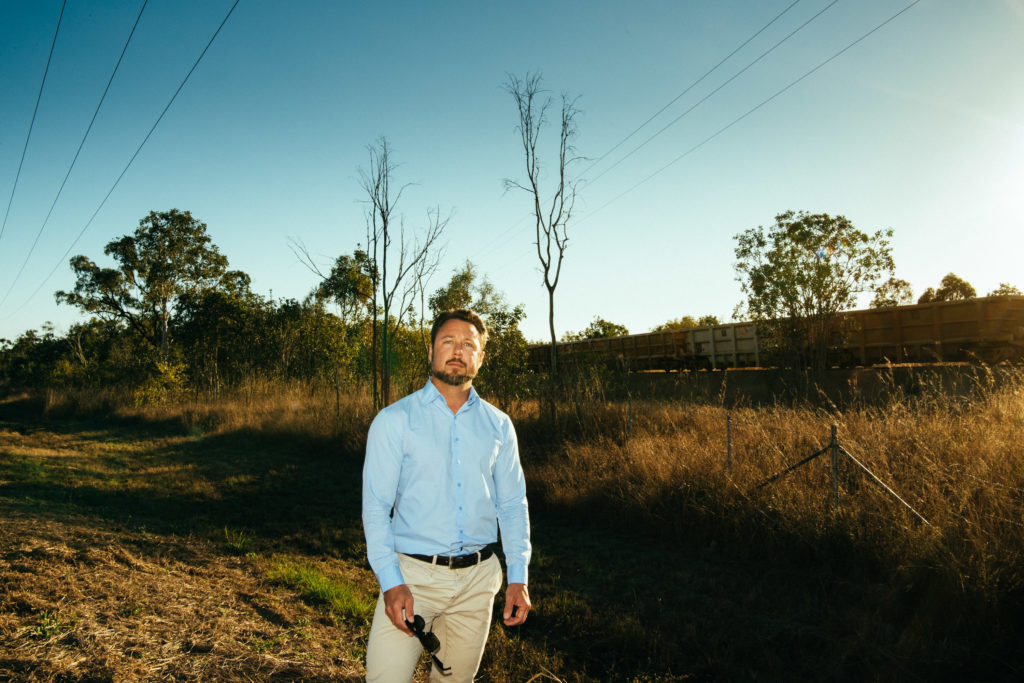KAP warns QLD could be a ticking tinderbox

Queensland must re-calibrate its approach to bushfire management if it is to have any hope of avoiding the devastation being experienced in New South Wales and Victoria, Katter’s Australian Party MPs have said this week.
State KAP Leader and Traeger MP Robbie Katter said the current management strategies of state forests and National Parks must be re-assessed, with reports being funnelled to KAP offices that park rangers and employees had raised red flags about under-resourcing and growing fuel loads.
Mr Katter said an obvious option for addressing unmitigated fuel loads on state land, as well as assisting graziers battling drought, would be to re-open National Parks and state land and reserves for grazing.
“Without question in the last few that I have been in Parliament, I have observed a clear trend of the Labor State Government acquiring more and more state land from private occupiers and in turn expanding the footprint of National Parks,” he said.
“In doing this they have kicked off private land managers like farmers and graziers who have previously done a good job, quite frankly, for the taxpayers of Queensland in managing and reducing fuel-loads in these areas.
“Despite creating a bigger footprint, the resourcing of staff to manage these parks is getting worse.
“I have personally had people reach out to me, working in those positions, asking the KAP to do something because they are not resourced and are concern about the consequences such as weeds, feral pests and of course fires.
“The finger needs to be pointed directly back at the Labor Government for their role in this as it is disingenuous for anyone to just blame the situation we are all in now on climate change and for them not to consider their own role.”
The KAP’s calls follow news this week that the State Government has failed to meet its hazard reduction burning targets for the last four years, a state of affairs that the KAP said was unacceptable.
KAP Member for Hinchinbrook Nick Dametto said he was alarmed that the State Government had failed, over four years, to reach its hazard burn targets.
“It alarms me to think that the State Government has not been keeping up its end of the bargain on this issue despite being responsible for so many rules and regulations that limit the ways people like farmers can undertake fire hazard reduction on their own properties,” he said.
“It is a huge concern when it comes to the State forests and National Parks in terms of hazard – ask anyone out there, the worst neighbour to have right now is those National Parks.”
Mr Dametto said the message he was receiving from those on the ground across the North was that more autonomy was needed in their areas when it comes to fire hazard reduction.
“This is what we are hearing, whether it is farmers who actually understand their own area and the place they are trying to mitigate the fire risk in, or even local governments and councils,” he said.





